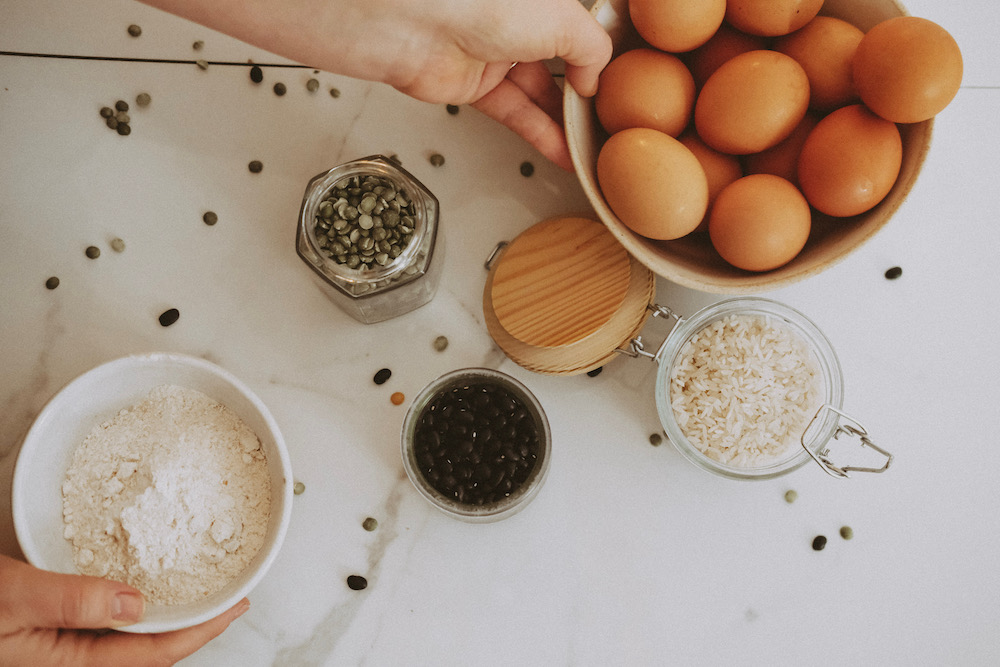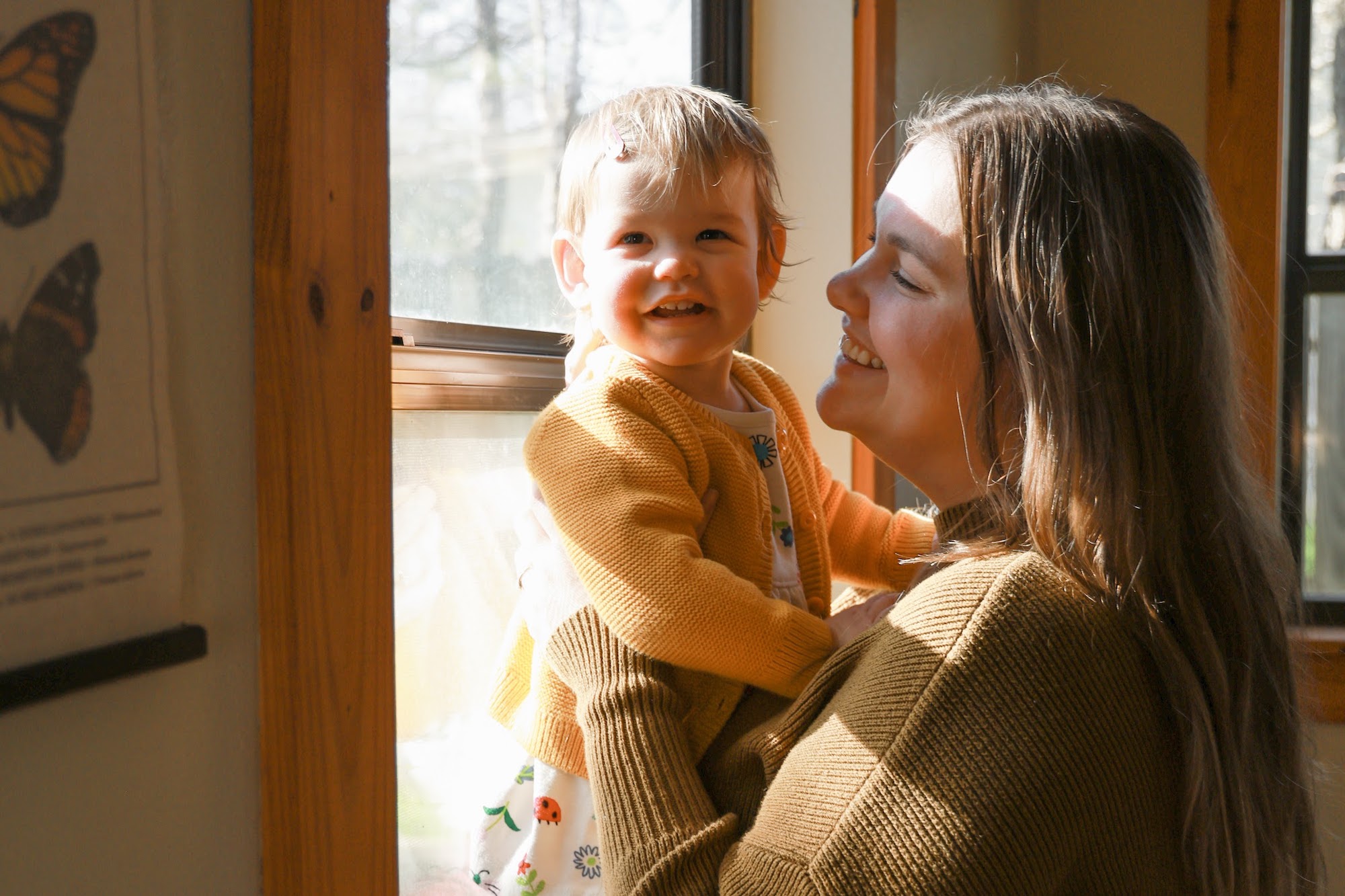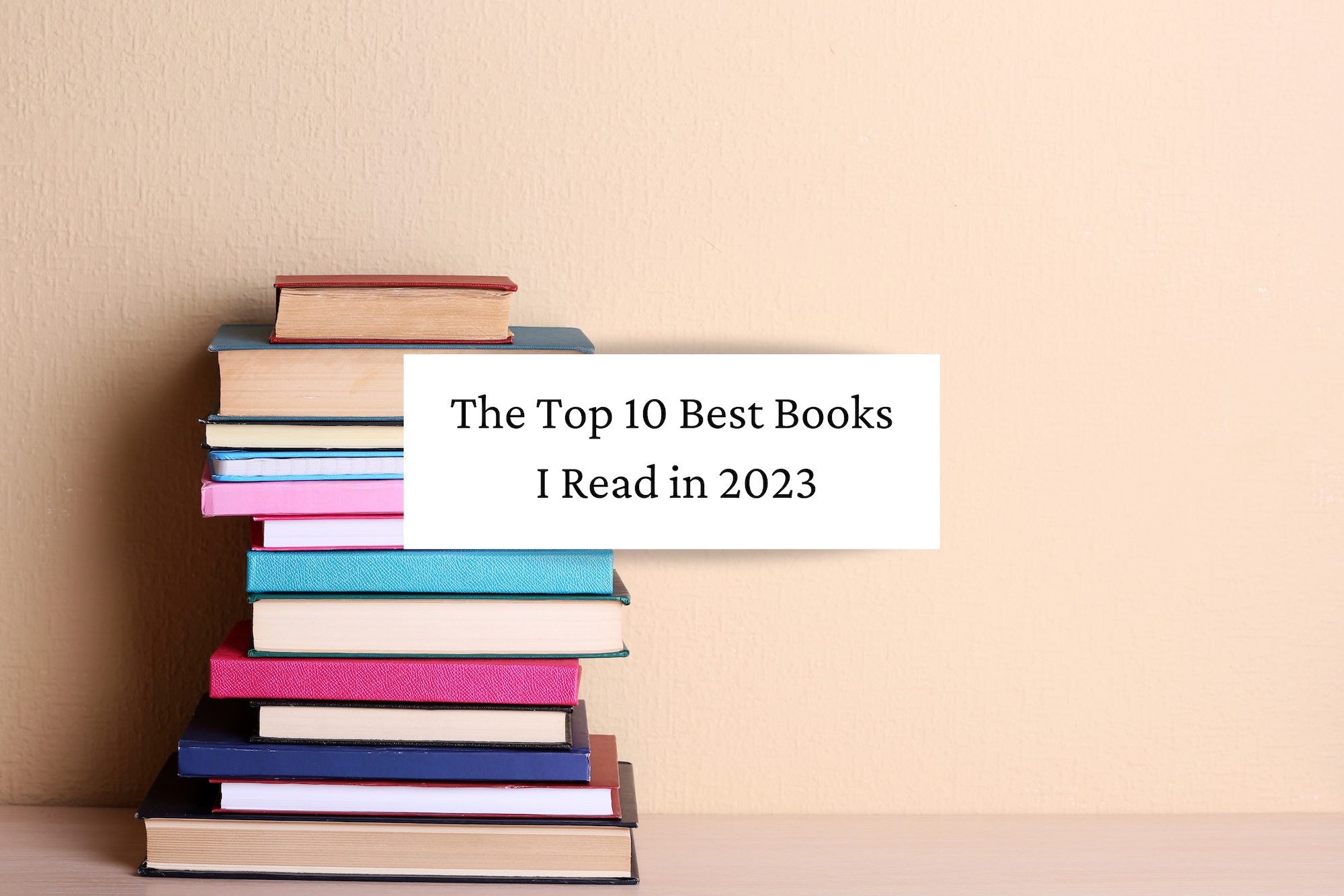Alice Waters is a chef, restaurant owner, and vice president of Slow Food International, a global, grassroots organization, founded in 1989 to prevent the disappearance of local food cultures and traditions, counteract the rise of fast life and combat people’s dwindling interest in the food they eat, where it comes from and how our food choices affect the world around us. We Are What We Eat is a slow food manifesto, a powerful picture of our prevalent culture around food and the many ways that we are missing out on all that food has to offer to our society. Waters explains the difference between fast food culture and slow food culture, and the values that make up each. She touches on the importance of learning slow food culture at a young age, and her belief that slow food culture is for everyone, not just the privileged and wealthy. Waters encourages readers to take back their power when it comes to the way they eat, and rebuild a culture of food that serves their families and communities.

Fast Food Culture Vs. Slow Food Culture
Waters writes about the dangers of fast food culture, and the many ways that slow food culture benefits people and culture. Waters uses the term “fast food” not only to describe drive-through favorites like McDonald’s and Taco Bell, but also to describe many foods that we can find in grocery stores, gas stations, and sit-down restaurants.
Waters writes,
“I consider fast food to be any type of food that is grown with herbicides and pesticides, industrially mass-produced, and, most often, processes or ultra-processed, with additives and preservatives.”
Fast food culture comes with its own set of values, including convenience, uniformity, cheapness, speed, and more. Alternatively, slow food culture has its own set of values, including beauty, biodiversity, stewardship, pleasure in work, and more. Waters has dedicated a chapter to each of the fast food values and each of the slow food values. Waters paints a beautiful and compelling picture of the way the world could be if we choose to embrace the values of a slow food culture.
The title, We Are What We Eat could easily be misunderstood to read something like, “if you eat bad food, then you are a bad person.” But that isn’t what Waters is shooting for. Rather, she is pointing to the set of values that we have in our general culture and how those values also make up our food culture. This title is referring to how the way we think and act around food is a powerful indicator of the way we think and act around most things. Culture is people and people are culture, and our obsession with fast, easy, and cheap points to a deeper problem in our culture—not just the way we eat.

Slow Food Culture Is for Everyone
Some of Waters’ ideas on slow food can seem radical, or, at the very least, lofty and unrealistic. You don’t have to be around the slow food movement for long to get the impression that it is exclusively for the wealthy and privileged. Farmer’s markets and health food companies like Whole Foods grocery carry products priced much higher than their regular grocery store counterparts. Even within your local grocery store, you can directly see the price difference between the organic apples seated next to the lower-priced, non-organic variety. Organic is more expensive. It is easy to dismiss all this slow food talk as outside the realm of possibility for us “normal people”.
However, Waters addresses this issue with compelling arguments. She talks about the long-term benefits of slow food culture and the way that it reduces the need for expensive medical intervention in the long-run. Still, slow food culture can feel impractical for many, especially since it requires so much unlearning for most of us.
Waters discovered that the best way to teach people about slow food culture is to start them off with slow food education at a young age. This discovery inspired The Edible Schoolyard Project, which provides free sustainable lunches for children at public schools, locally sourced in their communities. Middle and high school students are given the opportunity to learn to grow their own food on school campuses. This program includes a curriculum that teaches children the values of nourishment, stewardship, and community.
Another chapter features a story of a prison program where inmates were encouraged to take part in growing their own food. Waters believes that it shouldn’t only be the wealthy and privileged who get to soak up the benefits of living in a slow food culture—everyone deserves to connect with their food.

Food is Beautiful
My favorite slow food value that Waters writes about is the value of beauty. I have a high value for beauty in most things I do. When it comes to food, I marvel at the way that God created food with so much beauty, color, and vibrancy. Waters writes,
“Beauty is expressed in myriad ways in our lives: through art, poetry, music, architecture, and dance. While specific ideas of beauty are subjective-what’s beautiful to me might not be beautiful to you- there are universal ideas of beauty that arise from nature. Everybody feels the rapture of a sunset, or the wonder of being at the base of a mountain or a waterfall. When you’re in the presence of this kind of universal beauty, you become aware of being held by something bigger, something connected to the mystery of life. Beauty is in our biological makeup. It naturally deepens your awareness and inspires a sense of awe and joy. Finding the beauty in food can change your life.”
I certainly don’t live up to Waters’ high ideals when it comes to the way I cook and eat. But I think that this vision of a different way of cooking and eating food is beautiful and inspiring. I like to think of slow food culture as a direction I am moving in, rather than a destination I feel compelled to arrive at as quickly as possible. Fast food ideology is deeply embedded in American culture, and I don’t think it can be uprooted simply or easily. Yet, Waters and other writers and experts have convinced me that this is an ideal worth working toward. I highly recommend this thought-provoking book.
Thank you for reading my review of We Are What We Eat by Alice Waters. To stay up to date on all of my reviews, join my email list below.
Photos by Kara Buse.





